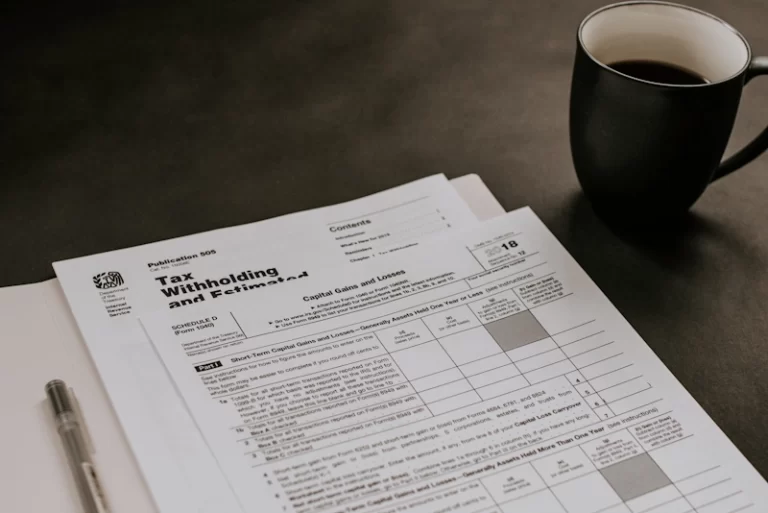Singapore remains a top global destination for starting and operating a new business in 2024. Known for its strategic location, stable political climate, pro-business policies, and access to regional markets, Singapore presents lucrative opportunities across sectors for global companies looking to expand their overseas network.
Key Advantages of Doing Business in Singapore
There are several compelling reasons why Singapore is regarded as an ideal launch pad into the vibrant Southeast Asian region in 2024:
Strategic Location and Connectivity
Located at the heart of ASEAN, Singapore serves as a gateway for foreign companies to access the wider Southeast Asian region. It also has double taxation avoidance agreements and free trade agreements signed with major economies.
Stable and Corruption-Free Environment
Singapore offers global business owners and investors a transparent regulatory framework, IP protection, advanced infrastructure, and a skilled English-speaking workforce.
Pro-Business Government
Singapore features business-friendly practices, reasonable corporate tax rates, tax incentives for high value-add industries, and minimal bureaucracy when starting or operating a Singapore company.
Access to Global Talent
The Ministry of Manpower offers a range of work passes like the Employment Pass and EntrePass to allow businesses to easily hire foreign professionals and entrepreneurs looking to start operations in Singapore.
Strategic Industry Clusters and Incentives
Singapore has established itself as a leading global financial centre and regional HQ hub across sectors like wholesale trade, manufacturing, logistics, technology, and more.
Popular Business Structures for Foreign Companies
The most common type of Singapore business entity for foreign companies is registering a private limited company which requires at least one director and shareholder. Other popular structures include representative offices and branches of foreign companies.
Key Tax Considerations
The corporate income tax rate is 17% in Singapore with tax exemptions that may apply. The Goods and Services Tax (GST) will increase from 8% to 9% starting 1 January 2024. Companies need to register for GST if their annual taxable turnover exceeds S$1 million.
Singapore offers an attractive tax regime for global business owners and continues to strengthen its position as a leading financial and business hub in Southeast Asia. With its network of trade agreements, stable government, and strategic location, Singapore remains an ideal location to incorporate and drive regional expansion plans in 2024.
Trends and Developments for 2024
As companies look to leverage Singapore as a springboard into the wider Southeast Asian opportunity in 2024, key trends shaping the business landscape include:
Digitalization Across Sectors
Singapore is pushing digital transformation across industries from manufacturing and logistics to financial services and healthcare through initiatives like the SMEs Go Digital program which subsidizes technology adoption costs.
Sustainability Push Across Industries
There is greater impetus on sustainability with incentives for companies to embed ESG practices into their business strategy. Grants are available for solutions enabling energy efficiency, adoption of renewables and cleaner production technologies.
Skills and Training
Significant government investment is directed towards skills training and upskilling local talent to support economic growth amid labor shortages. Foreign professionals can also tap on subsidies for skills upgrading under schemes like the SkillsFuture series.
Rise of Startups
Singapore aims to be a leading Asia Pacific startup hub through community building incentives, mentorship programs and government funding for early-stage startups across sectors like healthtech, cleantech, fintech and more.
Outlook for 2024
With Singapore’s strategic location, business-friendly environment and push towards digitalization, sustainability and innovation, the growth outlook remains positive. Tapping on Singapore as a launchpad, global companies across manufacturing, wholesale trade, financial services, technology and more can drive regional expansion plans despite macroeconomic headwinds. Connectivity to Southeast Asia makes Singapore an ideal location to set up operations as companies look to diversify market risks in 2024.
Conclusion
In summary, Singapore presents an unrivalled platform for global businesses looking to penetrate the high-growth Southeast Asian region. With its leading financial and business ecosystem, stable government, and strategic location, Singapore checks all the right boxes for companies wanting to establish their regional base in Asia.





